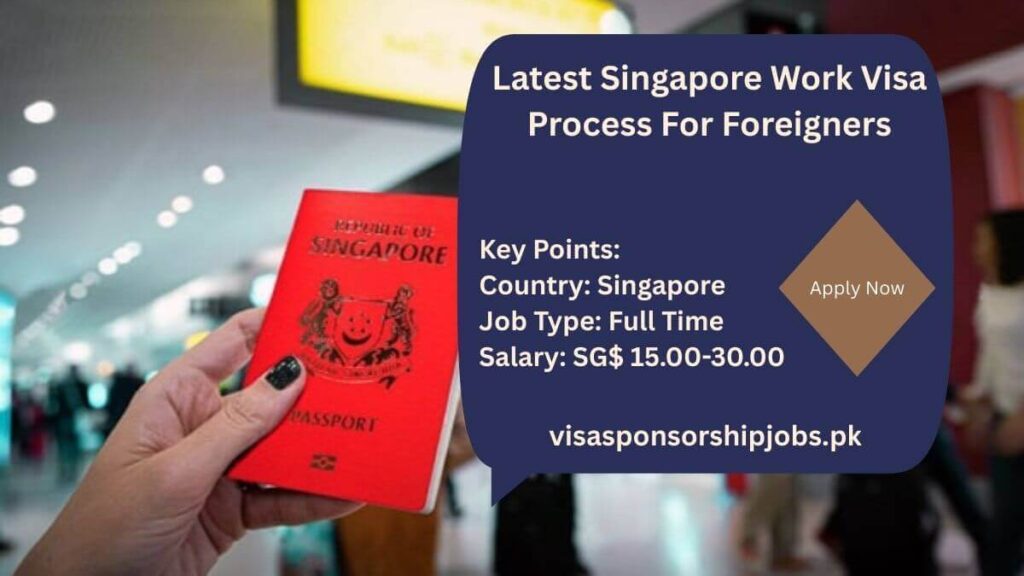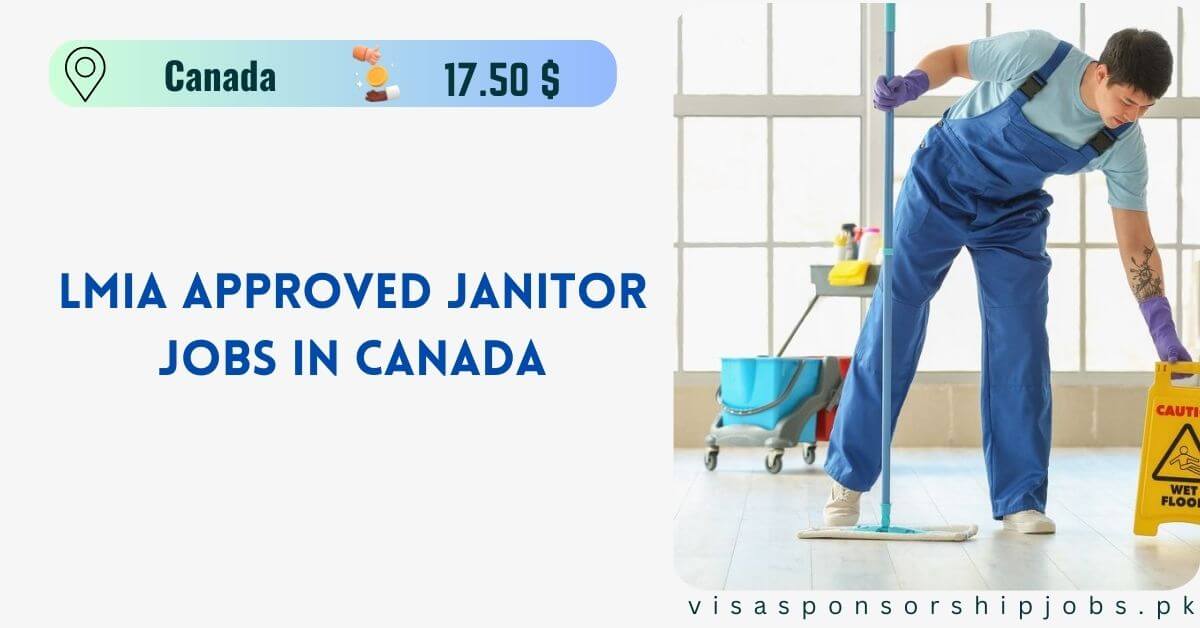British American Tobacco BAT Jobs 2025 – Apply Now
British American Tobacco (BAT) is one of the world’s leading multinational companies, with operations spanning more than 150 countries. Known for its innovation, inclusive culture, and commitment to career development, BAT offers a wide range of employment opportunities across various sectors.
Whether you are a recent graduate or an experienced professional, BAT presents a platform to grow, learn, and lead.
Check Also: Visa Sponsorship Unskilled Jobs in UK – Apply Now
This guide covers:
- Types of jobs offered at BAT
- Internship opportunities
- Benefits and visa sponsorship
- Step-by-step application process for 2025
Types of British American Tobacco BAT Jobs 2025:
BAT offers diverse job roles across multiple functions, each contributing to the company’s global success. Here’s a look at the main departments:
1. Manufacturing & Engineering
- Roles: Production Technician, Process Engineer, Maintenance Specialist
- Focus: Oversee factory operations, equipment maintenance, and production processes.
2. Finance
- Roles: Financial Analyst, Accountant, Commercial Finance Manager
- Focus: Manage financial reporting, analysis, budgeting, and strategic planning.
3. Marketing
- Roles: Trade Marketing Representative, Brand Manager, Marketing Analyst
- Focus: Develop marketing campaigns, drive market share, and promote brand identity.
4. Human Resources
- Roles: HR Business Partner, Talent Acquisition Specialist
- Entry Option: Global Graduate Program (HR Track)
- Focus: Recruit talent, support employee development, manage performance.
5. Information Technology
- Roles: IT Project Manager, Digital Transformation Lead, E-Commerce Associate
- Focus: Lead digital innovation and tech-driven business solutions.
6. Supply Chain & Logistics
- Roles: Demand Planning Manager, Logistics Executive, Procurement Specialist
- Focus: Optimize inventory, distribution, and supplier management.
7. General Management
- Roles: Territory Manager, Area Sales Manager, Strategic Planning Manager
- Focus: Lead regional operations and develop long-term business strategies.
Internship & Graduate Programs:
Each year, 600+ interns join BAT through structured internships lasting 3–6 months. These programs offer:
- Hands-on experience in real business projects
- Mentorship from senior leaders
- Exposure to BAT’s international operations
Graduate Programs like the Global Graduate Programme are also available, offering fast-tracked leadership training and cross-functional rotation opportunities.
Visa Sponsorship and Global Mobility:
BAT supports visa sponsorship for skilled international candidates in many roles, especially in technology, R&D, and leadership positions. This opens doors for foreign professionals to work in the UK or other BAT locations globally, with full relocation support where applicable.
Key Benefits:
Working at BAT comes with a wide range of perks and benefits:
- Competitive Salary & Incentives
- Attractive base salary
- Performance bonuses
- Stock/share options (in select roles)
- Career Progression & Development
- Mentorship, coaching, and leadership training
- Global mobility for career expansion
- On-the-job learning and technical workshops
- Health & Wellbeing
- Medical insurance
- Mental health support programs
- Employee wellness initiatives
- Work-Life Balance
- Flexible work arrangements
- Generous leave policies including parental leave
- Retirement & Pension Plans
- Company-funded pension schemes
- Retirement planning support
- Employee Discounts
- Discounts on company products and partner services
- Inclusive Workplace Culture
- Diversity and inclusion initiatives
- Safe, respectful, and equitable environment
- Corporate Social Responsibility (CSR)
- Opportunities to volunteer in sustainability projects
- Community engagement programs
Application Process:
Follow these steps to apply for a job at BAT in 2025:
Step 1: Explore Vacancies
Visit the official BAT Careers Page to browse current openings.
Step 2: Tailor Your Application
Update your CV and write a customized cover letter that matches the job description.
Step 3: Submit Online
Apply via BAT’s online application portal.
Step 4: Online Assessments
Complete pre-screening activities such as aptitude tests, personality questionnaires, or video interviews.
Step 5: Interviews
Prepare for structured interviews, group assessments, or case studies relevant to your role.
Step 6: Offer & Onboarding
If successful, you’ll receive a formal job offer outlining your salary, benefits, and start date. After background checks, the onboarding process will begin.
Frequently Asked Questions:
Is BAT a UK-based company?
Yes. British American Tobacco plc was established in 1902 and is headquartered in London, United Kingdom.
Why should I work at BAT?
BAT offers excellent career development opportunities, competitive compensation, and a truly global work experience in a forward-thinking, tech-enabled environment.
What is the work culture at BAT like?
BAT fosters a collaborative, inclusive, and high-performance culture. Employees are encouraged to take ownership, challenge norms, and grow in a supportive environment.











